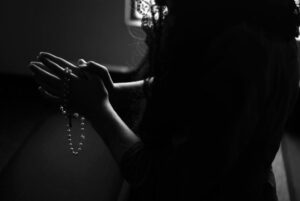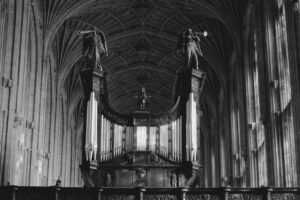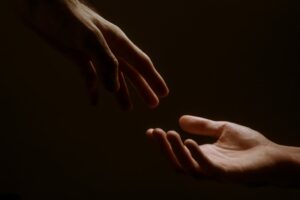“Be patient toward all that is unsolved in your heart
and try to love the questions themselves, like locked rooms and like
books that are now written in a very foreign tongue. Do not now seek the answers,
which cannot be given to you because you would not be able to live them.
And the point is, to live everything. Live the questions now.”
Rainer Maria Rilke
Patience is not a virtue of the modern world.
As creatures of our time and society, we like to know and we like to do. Man’s quest for answers and desire to act are rooted in his call to become familiar with truth and live in accordance with it. And yet, there remains so much we do not and cannot possibly know about the world, about others, about the meaning of our own lives and what the future will bring.
At times we might feel that so much in our lives is unsure, so much unsolved in our hearts. As moderns, we are sometimes tempted to think of mystery and truth as opposites. As Christians, we sometimes need to be reminded that they are deeply and inexplicably intertwined.
Because we believe the Truth is ultimately a person—Christ the Lord—and because we experience all things through the mysterious medium of time, our knowledge will always be veiled to some degree. It will always include an aspect of mystery, of not knowing.
The beauty of veiled knowledge.
To prove the beauty and goodness of this veiled knowledge, one of my favorite graduate school professors used the image of a woman’s leap of faith when she vows herself to her husband—an analogy that has become particularly meaningful to me as I prepare for my own wedding. In making the decision to marry my fiancé, as well as I know him and as confident I am in my love for him and his for me, I of course cannot possibly know exactly how our life together will unfold.
This time of preparation is full of unknowns: where we will live and work, what our family life will look like, what we will learn about each other along the way. For anyone, engaged or not, these pertinent questions about the future, whose answers lie beyond our reach, can cause worry and distress.
When I marry, my vow will be a leap of faith as much as an act of love.
It won’t be a blind leap, but a veiled one: I know and yet the full picture remains hidden by time and by the fact that I am marrying a person who is free and irreducible to a set of exhaustively known facts. By means of the vow, I will give my entire self, including the unpredictable future.
This aspect of faith in the goodness of my fiancé and of God’s providence is in fact what proves my love all the more: it is precisely because I do not see the future, do not know everything that will happen, that my vow will be a beautiful and meaningful act, luminous amidst the darkness of all the unknowns.
Not knowing grants me the chance to embrace the mystery, to live the questions now.
Rilke’s point (if I may venture to say so), and mine as well, is that the deepest and most existentially significant questions we have about our lives, our purpose, our future—the very same ones that can so often cause stress, fear, and anxiety—do not indicate a mere lack that needs to be remedied with answers.
All of our questions—all of the locked rooms and yet untranslated books in our lives—give us the “space,” so to speak, to prove our faith and trust and to therefore live in love.
We can look here, as we so often must, to the fiat of our Lady, who without knowing how this could be so, yet perfectly trusted God—not out of ignorance, but out of a certainty of His Goodness that perfectly expressed her love and brought about within her a most intimate knowledge of the Truth, who became her Son.
Bethany Wall received her Master’s degree in May 2016 from the Pontifical John Paul II Institute in Washington, D.C. where she now lives and works.




